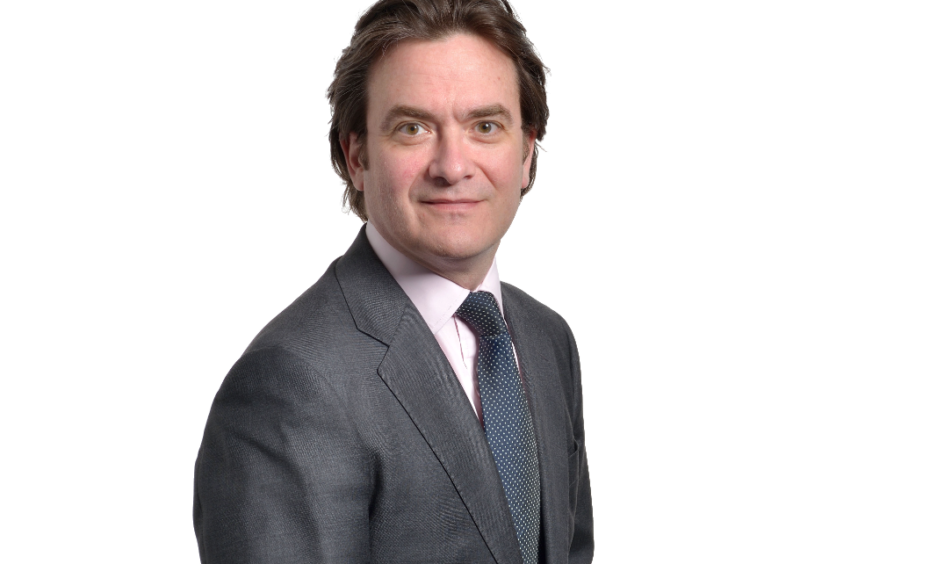
The growth and diversity of climate change related litigation has reached a tipping point over the last year or so with higher profile cases, some of which appear to be targeting wider strategic goals beyond the remedies sought.
Climate change litigation has been steadily growing for several years, predominantly in the US. According the Sabin Centre for Climate Change Law there have been 1117 cases in the US so far compared to 306 brought outside the US. 95 having been brought in Australia and 51 in the UK. The number of disputes which have some connection to climate change are likely to be far higher.
Recent cases include:
- The Urgenda Foundation’s (a Dutch environmental action group) claim seeking an injunction against the Dutch government to require it to take action to reduce greenhouse gas emissions.
- A claim brought in Australia by Mark McVeigh (represented by Environmental Justice Australia), a member of the pension investment fund Retail Employees Superannuation Pty Ltd, over an alleged failure by the fund to disclose information relating to the impact of climate change and its effect on investments.
- The cases brought against Exxon Mobil by the Attorney General for New York and the Attorney General for Massachusetts around representations Exxon made as to the business risks posed by climate change.
- The challenges by Tempus Energy in Europe and the UK around the implementation of Capacity Markets in the UK and Poland.
What’s changed?
Climate change litigation is not new and has typically included claims brought by action groups or litigation due to their activities but in its broadest sense has also included more mainstream disputes, in the UK for example there have been numerous disputes around carbon saving initiatives.
The most successful recent example has been the Urgenda Foundation’s action against the Dutch government. The challenge succeeded at the court of first instance in 2015, when it was held that the state had a duty to take steps to reduce carbon dioxide emissions. The decision was upheld on appeal in October 2018.
Similar actions are currently being brought against a number of governments worldwide. Until the success of the Urgenda claim few would have expected such a challenge to do much more than raise the profile of climate change and the behaviours complained of.
In Australia, in particular, there has been growing concern within financial institutions around the risks posed by climate change and extent to which companies are appropriately assessing, managing and disclosing any risks they face.
The risk posed in relation to financial disclosure is equally not new. In 2015 the Financial Stability Board of the G20 formed the Task Force on Climate-related Financial Disclosure (TCFD). The TCFD was set up to support companies in making appropriate disclosures. According to the TCFD in June 2019 the take up has so far been slow.
That is now set to change with increasing publicity amongst financial institutions and in the face of the growth in cases being brought against corporates in relation to disclosures.
The recent claims brought by Tempus Energy in challenging the implementation of Capacity Markets in the UK and Poland also signals a change in the way cases are funded and the impact they could have on policy in the future.
Tempus was backed by Greenpeace and a number of unnamed individuals. It has challenged decisions of the European Commission and UK government in relation to the implementation of the UK Capacity Market and is similarly making a challenge in relation to Poland’s capacity market. Whilst those challenges may not succeed (Tempus has withdrawn its challenge against the UK government) they are likely to result in a rethink by the European Commission and individual states around future decisions and energy policies.
What next?
Climate change litigation is set to grow considerably in the next few years. It is likely that new and novel cases will continue to increase and attract funding from action groups and individuals targeting publicity and policy change, irrespective of the apparent strength of any claim.
With commitments to reduce carbon emissions there is a race to back new and emerging technologies and ideas at every level. The increased pace and pressure to make change also brings with it increased risk of litigation.
Ian Newcombe, Partner at Womble Bond Dickinson
Recommended for you
